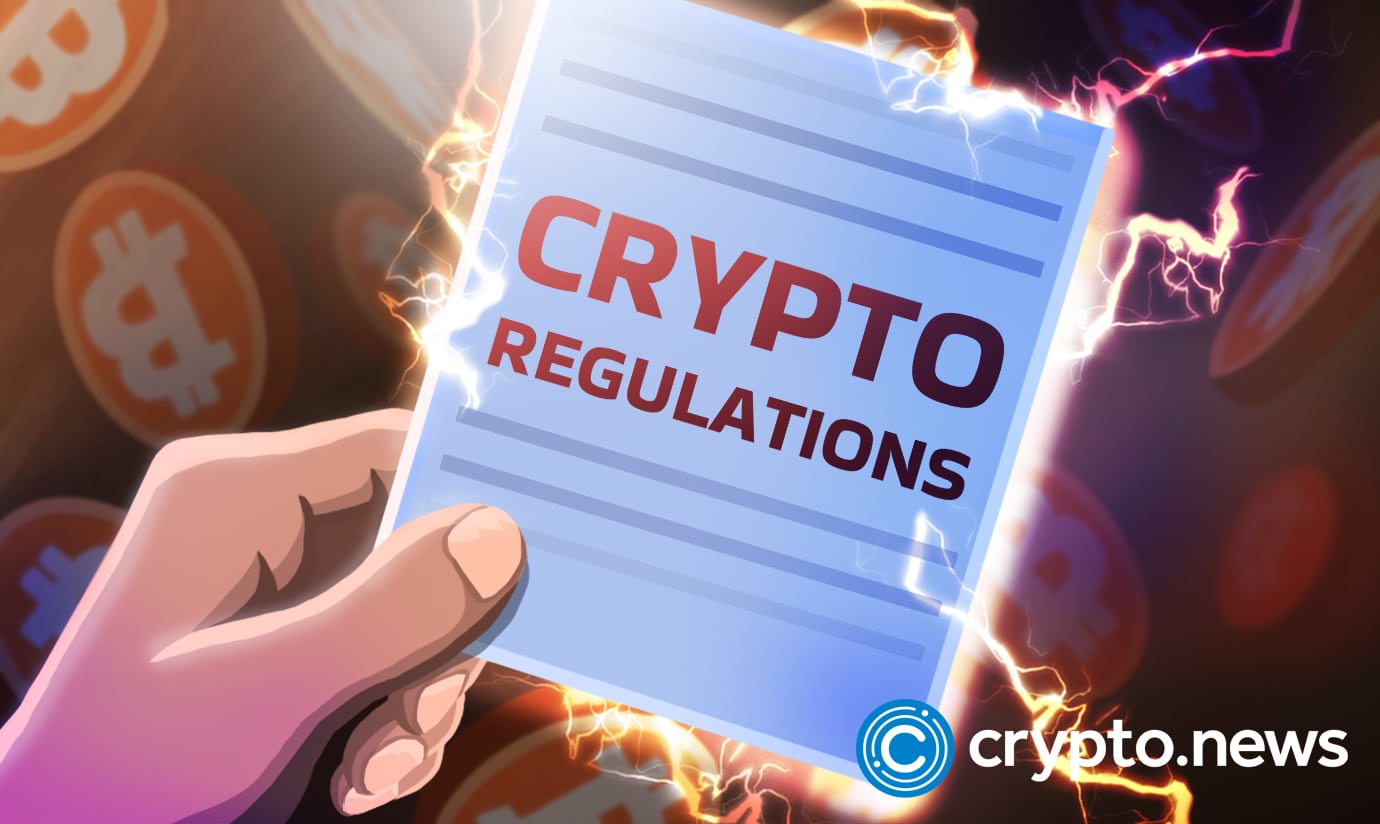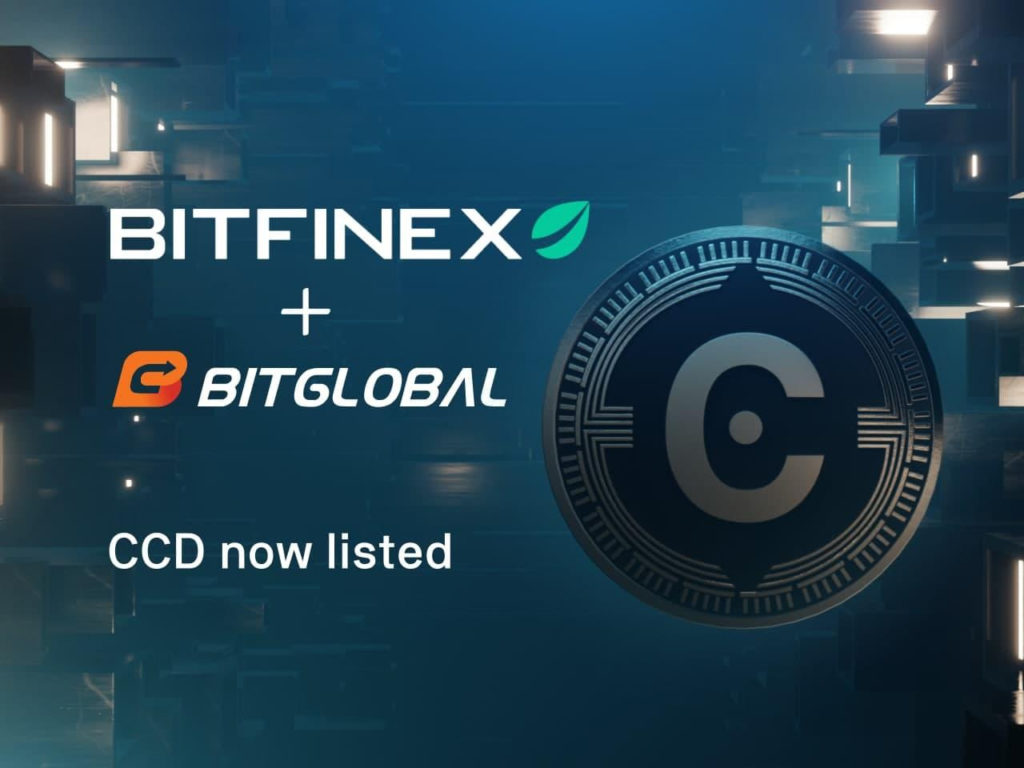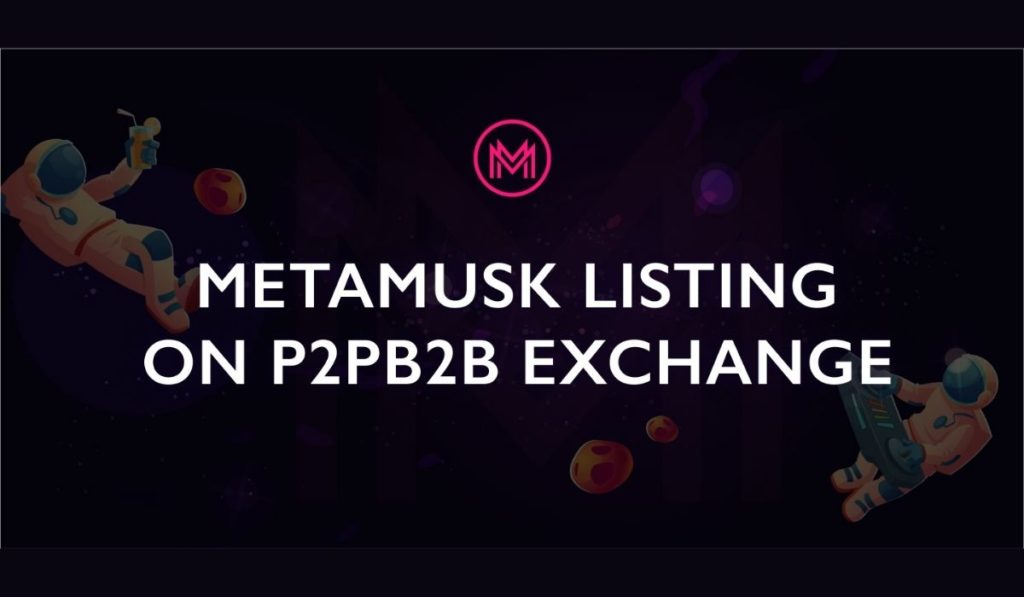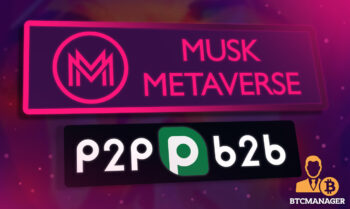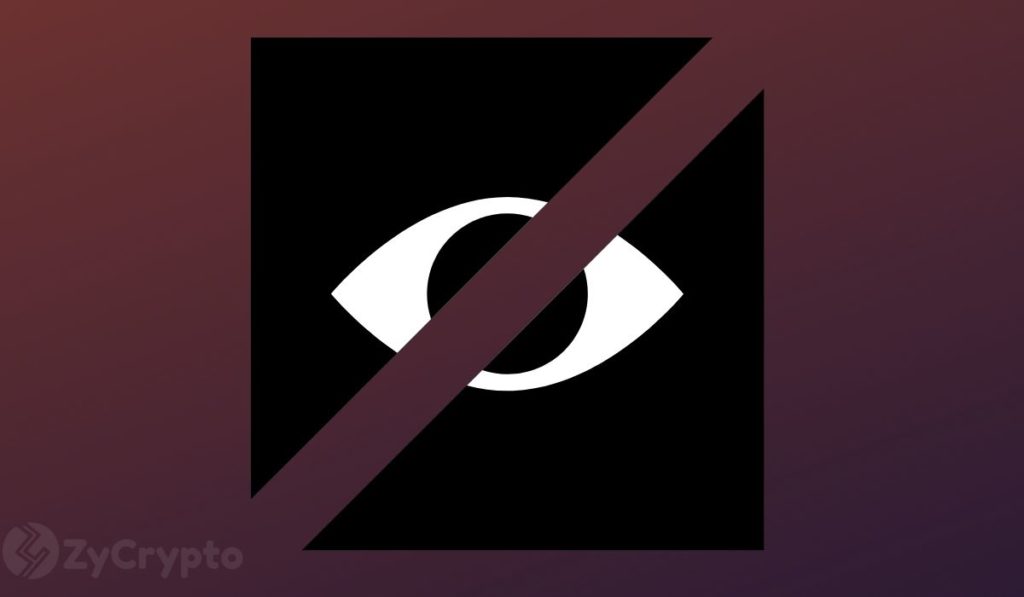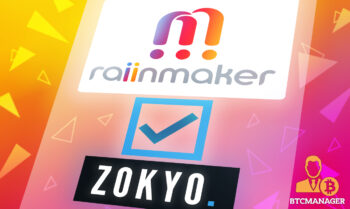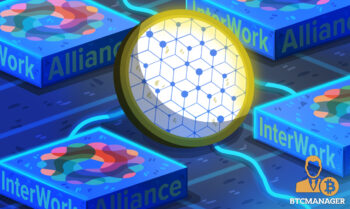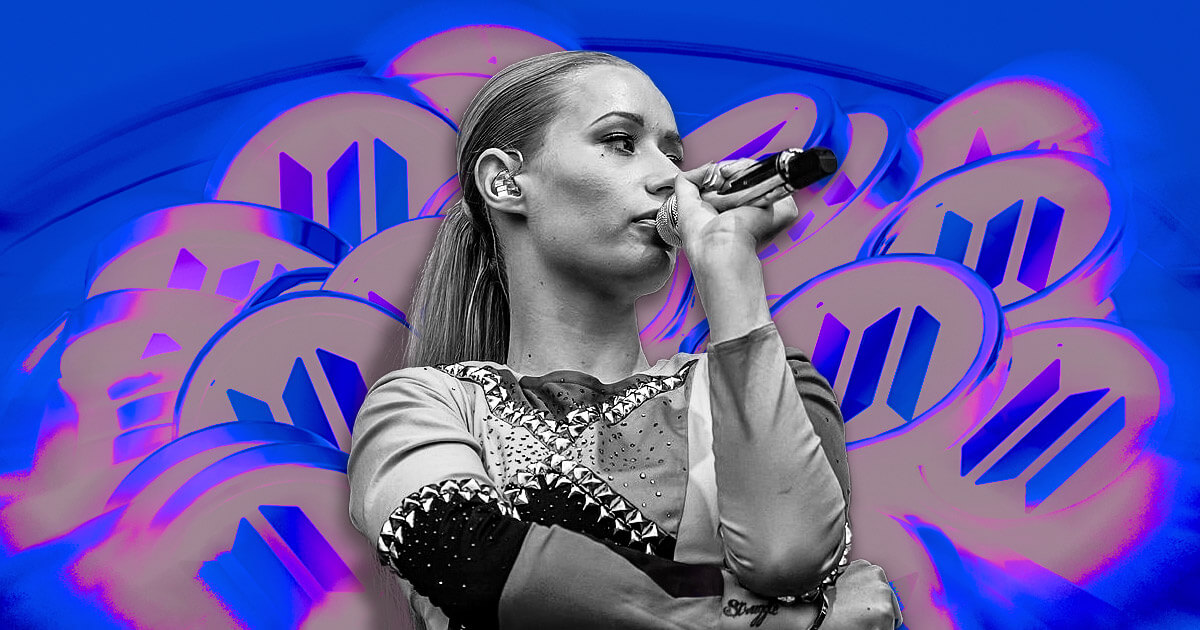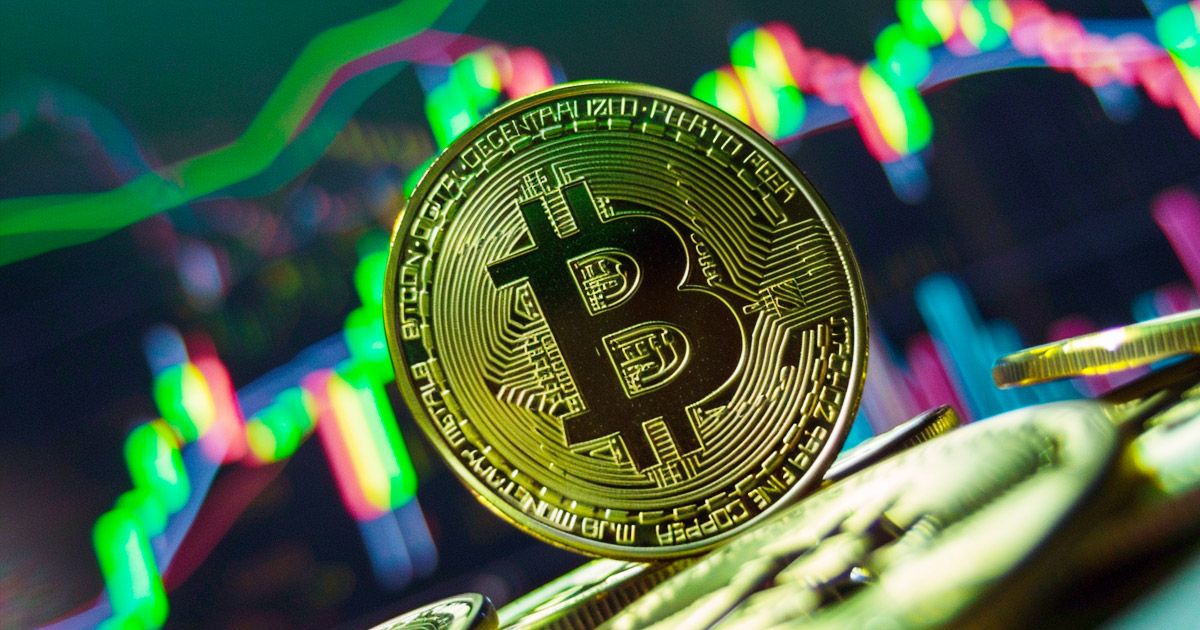
2024-5-29 17:00 |
Token standards are rules and protocols that dictate how tokens function on a blockchain. Different blockchains have their own token standards to ensure interoperability, security, and efficiency. Here are some of the key token standards across the top 10 blockchains with Turing complete environments Ethereum, Solana, BNB, and XRP:
Ethereum Token StandardsEthereum has developed many token standards to facilitate the creation and management of digital assets. These standards ensure that tokens are interoperable with various decentralized applications and services within the Ethereum ecosystem.
ERC-20: The ERC-20 standard is the most widely used for creating fungible tokens on the Ethereum blockchain. These tokens are interchangeable with one another, making them suitable for currencies, staking tokens, and utility tokens. ERC-20 tokens follow a set of rules that include how tokens can be transferred, how transactions are approved, and how users can access data about a token. ERC-721: This standard is used for creating unique and non-interchangeable NFTs. ERC-721 tokens are commonly used for digital art, collectibles, and other unique assets. Each token has a unique identifier, making it distinct from other tokens. ERC-777: The ERC-777 standard improves upon ERC-20 by allowing more complex interactions, such as sending tokens to a contract and notifying the contract in a single transaction. It also includes features for enhanced privacy and security, addressing some of ERC-20’s limitations. ERC-1155: This multi-token standard allows for creating fungible and non-fungible tokens within a single contract. ERC-1155 supports batch transfers, which can reduce transaction costs and network congestion. This standard is beneficial for applications that require the management of multiple token types. ERC-4626: Designed for tokenized vaults, ERC-4626 optimizes and unifies the technical parameters of yield-bearing vaults. This standard aims to streamline the creation and management of vaults that generate returns on deposited assets.DN-404: DN-404, or “Divisible NFT-404,” is an experimental standard designed to address the limitations of ERC-404 by improving the efficiency, scalability, and interoperability of tokenized assets. DN-404 uses a bifurcated approach with base ERC-20 tokens representing fractions of NFTs and mirror ERC-721 tokens representing the actual NFTs. This design enhances transaction throughput, reduces costs, and facilitates cross-chain transactions.
Solana Token StandardsSolana, known for its high-speed and low-cost transactions, has developed its own set of token standards to support its growing ecosystem of decentralized applications and digital assets.
SPL (Solana Program Library): The SPL token standard is used for fungible and non-fungible Solana blockchain tokens. Unlike Ethereum, which has separate standards for different types of tokens, SPL uses a unified approach where the differences are defined at the token creation stage. This standard ensures that SPL tokens are interoperable with Solana wallets and smart contracts. Token-2022: An enhancement to the SPL standard, Token-2022 introduces new functionalities such as interest-bearing tokens and enhanced transfer capabilities. This standard aims to provide more flexibility and advanced features for developers and users on the Solana blockchain. BNB (Binance Smart Chain) Token StandardsBinance Smart Chain (BSC) has developed token standards to support its decentralized applications and services ecosystem. These standards are designed to be compatible with Ethereum’s ERC standards, facilitating cross-chain interoperability.
BEP-2: The BEP-2 standard is used for tokens on the original Binance Beacon Chain, primarily for the native BNB coin and other tokens on the Binance decentralized exchange. BEP-2 tokens follow a set of rules that ensure they can be easily traded and managed on the Binance Chain. This chain is currently in the process of being sunset. BEP-20: This standard is used on the BSC and is compatible with the Ethereum ERC-20 standard. BEP-20 allows for creating various types of tokens, including utility tokens, stablecoins, and more. BEP-20 tokens can be easily swapped with BEP-2 tokens, providing flexibility and interoperability within the Binance ecosystem. XRP Ledger Token StandardsThe XRP Ledger, designed for fast and efficient cross-border payments, has its own standards for creating and managing tokens.
XRP: The native token of the XRP Ledger, XRP is used for transactions and as a bridge currency for cross-border payments. Unlike other token standards, XRP itself does not follow a specific token standard like ERC-20 but is integral to the XRP Ledger’s operations. XLS (XRP Ledger Standards): These standards describe the specifications and protocols for creating and managing tokens on the XRP Ledger. XLS standards ensure interoperability and compatibility within the XRP ecosystem, facilitating the creation of various types of tokens, including fungible and non-fungible tokens. Key Differences Interoperability and Ecosystem: Ethereum’s ERC standards are highly specialized and have a broad ecosystem, making them suitable for various applications but often leading to higher complexity and gas costs. Solana’s SPL standard is more unified, offering lower transaction fees and faster settlement times, which is advantageous for high-throughput applications. BNB’s BEP standards are designed for compatibility with Ethereum’s ERC standards, facilitating cross-chain interoperability. XRP Ledger’s XLS standards focus on ensuring interoperability within the XRP ecosystem. Transaction Costs and Speed: Ethereum is known for higher transaction costs and slower processing times, especially during network congestion. Due to its unique consensus mechanisms, Solana offers significantly lower fees and faster transactions. BNB Smart Chain also provides lower transaction costs compared to Ethereum, while XRP Ledger is optimized for fast and efficient cross-border payments. Token Types and Flexibility: Ethereum offers a variety of token standards for different use cases, including fungible tokens (ERC-20), non-fungible tokens (ERC-721), multi-tokens (ERC-1155), and hybrid tokens (DN-404.) Solana’s SPL standard combines fungible and non-fungible token functionalities within a single protocol. BNB’s BEP-20 standard extends the functionality of ERC-20, while XRP Ledger’s XLS standards provide a framework for fungible and non-fungible tokens.Each token standard plays a crucial role in its respective blockchain ecosystems, enabling the standardized and interoperable creation, management, and transfer of digital assets.
The post Differences in token standards across top 10 blockchains and what they do appeared first on CryptoSlate.
Similar to Notcoin - Blum - Airdrops In 2024
Alchemint Standards (SDS) на Currencies.ru
|
|



